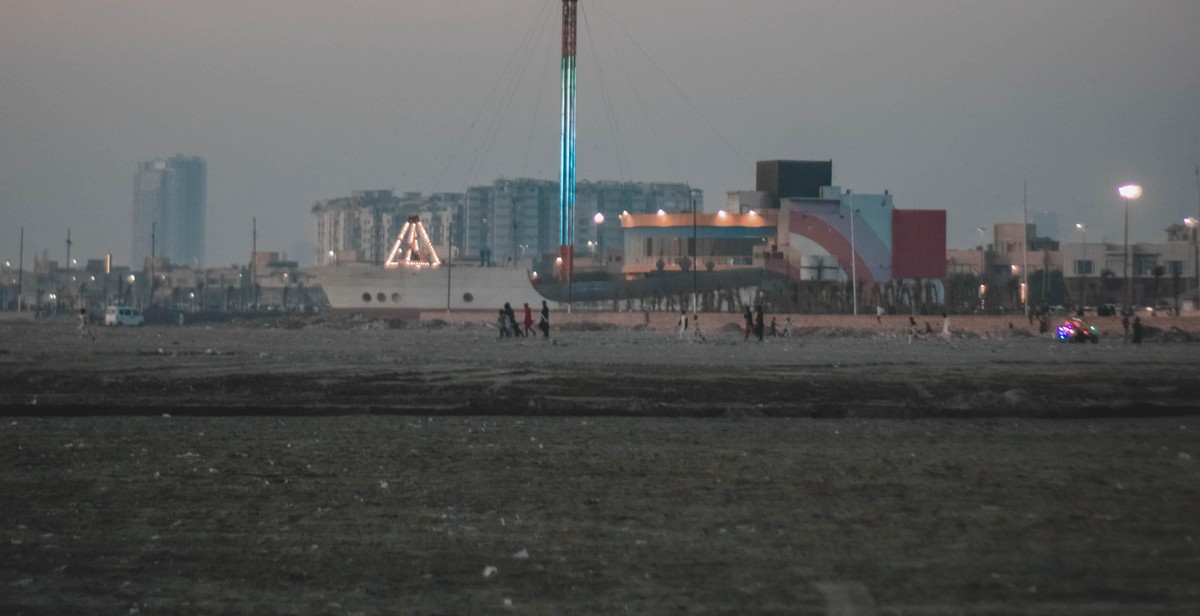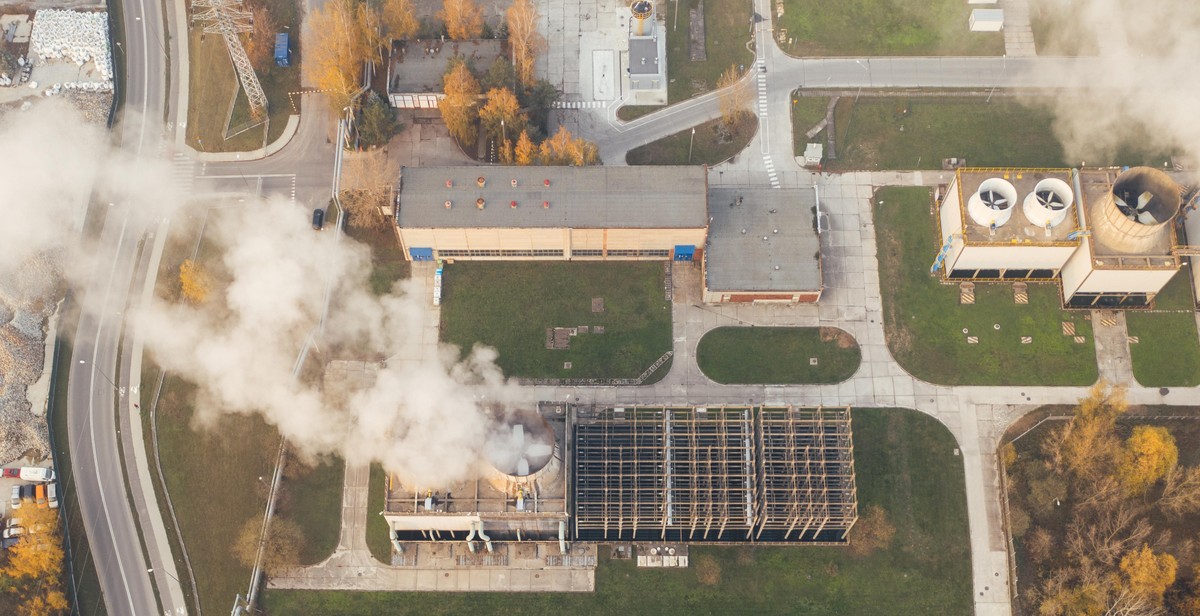The Effects of Air Pollution on Human Health
Air pollution is the presence of harmful substances in the air that we breathe. These substances can be natural or man-made and can have detrimental effects on human health. The World Health Organization (WHO) estimates that around 7 million people die each year due to exposure to air pollution.
Defining Air Pollution
Air pollution can be defined as the presence of substances in the air that are harmful to human health or the environment. These substances can be in the form of gases, particles, or biological molecules. Air pollution can be caused by both natural and man-made sources.
Sources of Air Pollution
There are various sources of air pollution, both natural and man-made. Natural sources include volcanic eruptions, wildfires, and dust storms. Man-made sources include industrial activities, transportation, and energy production. The burning of fossil fuels such as coal, oil, and gas is a major contributor to air pollution.
Other sources of air pollution include agricultural practices, such as the use of pesticides and fertilizers, and waste disposal. Indoor air pollution can also be a problem, especially in poorly ventilated areas where cooking and heating are done with solid fuels.

The Effects of Air Pollution on Human Health
Air pollution is a major concern for human health. It is caused by various natural and human-made sources, including emissions from vehicles, industries, and other activities. The effects of air pollution on human health are numerous and can be severe.
Respiratory Health Effects
Air pollution can cause respiratory health problems, particularly for people with pre-existing conditions such as asthma and chronic obstructive pulmonary disease (COPD). Exposure to air pollution can exacerbate these conditions and lead to increased hospitalizations and even death. Children and the elderly are also at a higher risk of developing respiratory health problems due to air pollution.
Some of the respiratory health effects of air pollution include:
- Coughing and wheezing
- Shortness of breath
- Chest tightness
- Increased mucus production
- Lung damage
Cardiovascular Health Effects
Air pollution can also have negative effects on cardiovascular health. Exposure to air pollution has been linked to an increased risk of heart attack, stroke, and other cardiovascular diseases. Long-term exposure to air pollution can lead to the development of atherosclerosis, a condition where plaque builds up in the arteries, increasing the risk of heart disease.
Some of the cardiovascular health effects of air pollution include:
- Increased blood pressure
- Irregular heartbeat
- Heart attack
- Stroke
- Atherosclerosis
Neurological Health Effects
Air pollution can also have negative effects on neurological health. Exposure to air pollution has been linked to cognitive decline, Alzheimer’s disease, and other neurological disorders. Children exposed to air pollution may also experience developmental delays and behavioral problems.
Some of the neurological health effects of air pollution include:
- Cognitive decline
- Alzheimer’s disease
- Other neurological disorders
- Developmental delays in children
- Behavioral problems in children
Reproductive Health Effects
Air pollution can also have negative effects on reproductive health. Exposure to air pollution has been linked to infertility, pregnancy complications, and low birth weight. Children born to mothers who were exposed to air pollution during pregnancy may also experience developmental delays and behavioral problems.
Some of the reproductive health effects of air pollution include:
- Infertility
- Pregnancy complications
- Low birth weight
- Developmental delays in children
- Behavioral problems in children
Cancer
Air pollution has also been linked to an increased risk of cancer. Exposure to certain types of air pollutants, such as benzene and polycyclic aromatic hydrocarbons (PAHs), has been linked to an increased risk of lung cancer, bladder cancer, and other types of cancer.
Some of the cancer risks associated with air pollution include:
- Lung cancer
- Bladder cancer
- Other types of cancer
Conclusion
In conclusion, air pollution has numerous negative effects on human health, including respiratory problems, cardiovascular disease, neurological disorders, reproductive health problems, and an increased risk of cancer. It is important to take steps to reduce air pollution and protect the health of ourselves and future generations.

Preventing Air Pollution
Air pollution has become a global issue, and it is important for individuals and governments to take action to prevent it. Here are some practical steps that can be taken:
Individual Actions
- Reduce vehicle use: Consider walking, biking, or using public transportation, carpooling or using electric vehicles to reduce the number of cars on the road.
- Maintain your vehicle: Regularly service your car, check tire pressure, and avoid idling.
- Reduce energy consumption: Use energy-efficient appliances, turn off lights and electronics when not in use, and use renewable energy sources.
- Reduce waste: Recycle, compost, and dispose of hazardous materials properly.
- Plant trees: Trees absorb carbon dioxide, a major contributor to air pollution, and release oxygen.
Government Actions
The government has a vital role to play in preventing air pollution. Here are some actions that can be taken:
- Enforce regulations: Governments should enforce regulations on industries that emit pollutants and enforce air quality standards.
- Promote sustainable transportation: Governments should invest in public transportation and promote the use of electric vehicles.
- Encourage renewable energy: Governments should incentivize the use of renewable energy and phase out the use of fossil fuels.
- Support green initiatives: Governments should support initiatives that promote sustainable living, such as community gardens and green buildings.
Air pollution is a serious issue that affects us all. By taking individual and government actions, we can prevent air pollution and protect our health and the environment.
